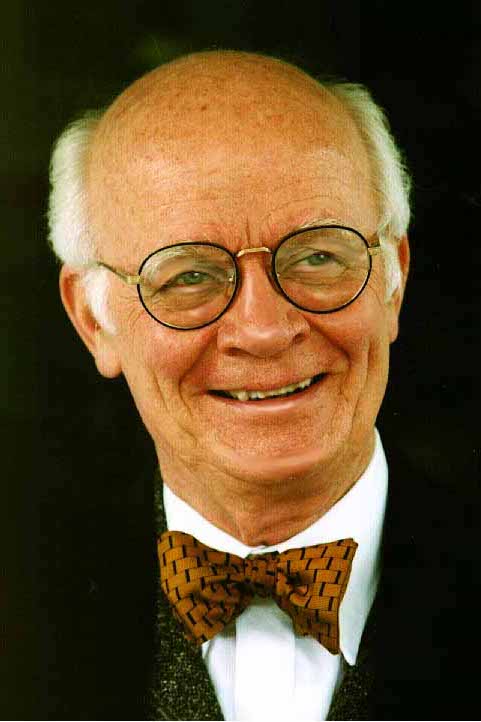The top ecumenical – some are saying un- or anti-ecumenical – news of the year occurred October 20th with a Vatican announcement. Bypassing forty years of Anglican-Roman Catholic conversations-cum-negotiations and blindsiding Archbishop Rowan Williams, the head of the seventy-million-member Anglican Communion, Vatican officials announced that they were taking steps to receive Anglican (in the United States, Episcopal) clergy through conversion into the Roman Catholic priesthood. Headlines had it that Rome wanted to “lure,” “attract,” “bid for” or “woo” priests and congregations to make the drastic move, while the Vatican front man, as he fished for Anglicans, said he was not fishing for Anglicans.
What was behind the move? It was hard to read as a positive ecumenical gesture – Pope Benedict XVI has made some – since it did not revoke or revise what the Pope in 1896 declared and what is always reinforced: Anglican “orders,” for sacramental credentialing, were “absolutely null and utterly void.” As recently as last year, Rome’s ecumenical officer and Anglicanism’s ecumenical partner, “good guy” Cardinal Walter Kasper, spoke softly but carried a huge stick when he charged that some parts of Anglicanism had made things worse: Is it that the orders are now absolutely-absolutely and utterly-utterly null and void? The pope visits the U.K. next year. Wait and see.
What was at issue? There were subtleties on the side, irritations which had not yet prompted a radical twist, but observers agreed that a) ordaining women as priests and b) ordaining a gay bishop and more gay priests were the grand offenses. In the good old days Christian bodies fought over the Trinity, the Incarnation, Salvation, and Sacraments. In our epoch they and the media who cover them converge obsessively on issues of sex-and-gender, where contraception and abortion, “women” and “gays,” are the flame issues. Some Anglican moves have long alienated significant minorities; four dioceses and some parishes beyond them have pulled out of the Episcopal Church in the USA. They already sought and found what is legitimate and strategic in their sight, the cover provided by especially African Anglicans who also abhor gay and women priests.
Some Episcopal priests seemed ripe for plucking, and Rome set out to harvest, even if the Church will thus be accepting some married priests, while leaving their own home-grown priests-who-marry in exile. Those with even slight suspicion suspect that the Vatican initiative is also a desperation move to help solve the shortage of priests in the Roman communion. Some of the only half-gruntled Anglicans have uttered some “not-so-fast!” or “count-me-out!” cautions. As one leader among them reminded, “there was a Reformation, you remember,” as he spoke for those who knew that being received by Rome, even with gestures that would allow Anglican converts some liturgical and traditional free range, still demands a great doctrinal gulp. Converts would have to accept papal infallibility and, with it, the infallible doctrine (1950) of the bodily Assumption of the Blessed Virgin and other teachings which long offended non-Roman Catholics.
Archbishop Rowan Williams, though embarrassed by the surprise announcement of dealings behind his back, was characteristically Williamsian and old-style Anglican, as he reacted not in anger but with patience. The Anglican communion for centuries aspired to promote “comprehension,” doing what it could to prevent heresy and schism but in a spirit of openness. The papal visit next year will occasion fresh thinking and policies.
Republished from Sightings with permission of the University of Chicago Divinity School.

The Fairfax M. Cone Distinguished Service Professor Emeritus at the University of Chicago, Dr. Martin E. Marty taught there for 35 years, chiefly in the Divinity School, where the Martin Marty Center for the Public Understanding of Religion was founded and to whose weekly column Sightings he contributed. Ordained a Lutheran pastor in 1952, he served from 1956-2013 as a columnist and senior editor at the Christian Century and authored more than 60 books including Righteous Empire, for which he won the National Book Award; the three-volume Modern American Religion; The One and the Many: America’s Search for the Common Good; The Mystery of the Child; Building Cultures of Trust; The Christian World: A Global History; Martin Luther (in the “Penguin Lives” series); and Dietrich Bonhoeffer’s Letters and Papers from Prison: A Biography.
